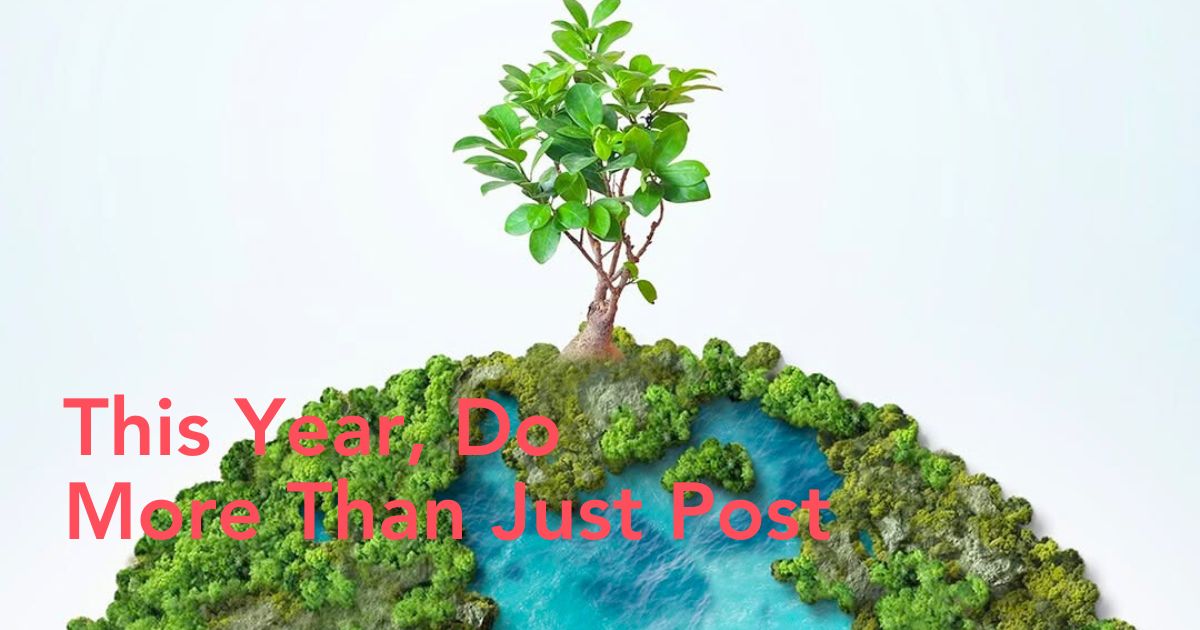Earth Day is an annual, worldwide event celebrated on April 22nd. Every year, the Earth Day theme is announced. This day is both a call to action and a moment to pause and reflect on how human activity affects the planet. It's also a chance to appreciate the beauty of the Earth and take steps—big or small—to help protect it.
The Earth Day Theme 2025 Is 'Our Power, Our Planet'
For 55 years, Earth Day has led the world in raising awareness and taking action on critically important environmental issues. As a whole, the world advocates for the health of the planet, for their air, oceans, soil, ecosystems, wildlife, and human health.
On April 22nd, 2025, Earth Day will have its 55th anniversary, with 192 countries and over one billion people around the globe expected to participate. This demonstrates how the diverse Earth Day movement remains as dedicated today as it was back in 1970 to bringing everyone together for a better future.
Video by: @earthdaynetwork
This year's theme, 'Our Power, Our Planet, reflects a simple but important idea: meaningful change begins at the local level. For decades, Earth Day has been powered by community action—individuals coming together around a shared purpose. That collective effort has the ability to shift long-standing systems and challenge industries that once seemed untouchable.
As Earth Day marks another year, the focus turns to a reality already within reach. Renewable energy—through solar, wind, and other clean technologies—is not a distant hope. It exists, it works, and it's ready to scale. These solutions are not only sustainable, but also increasingly affordable and widely accessible.
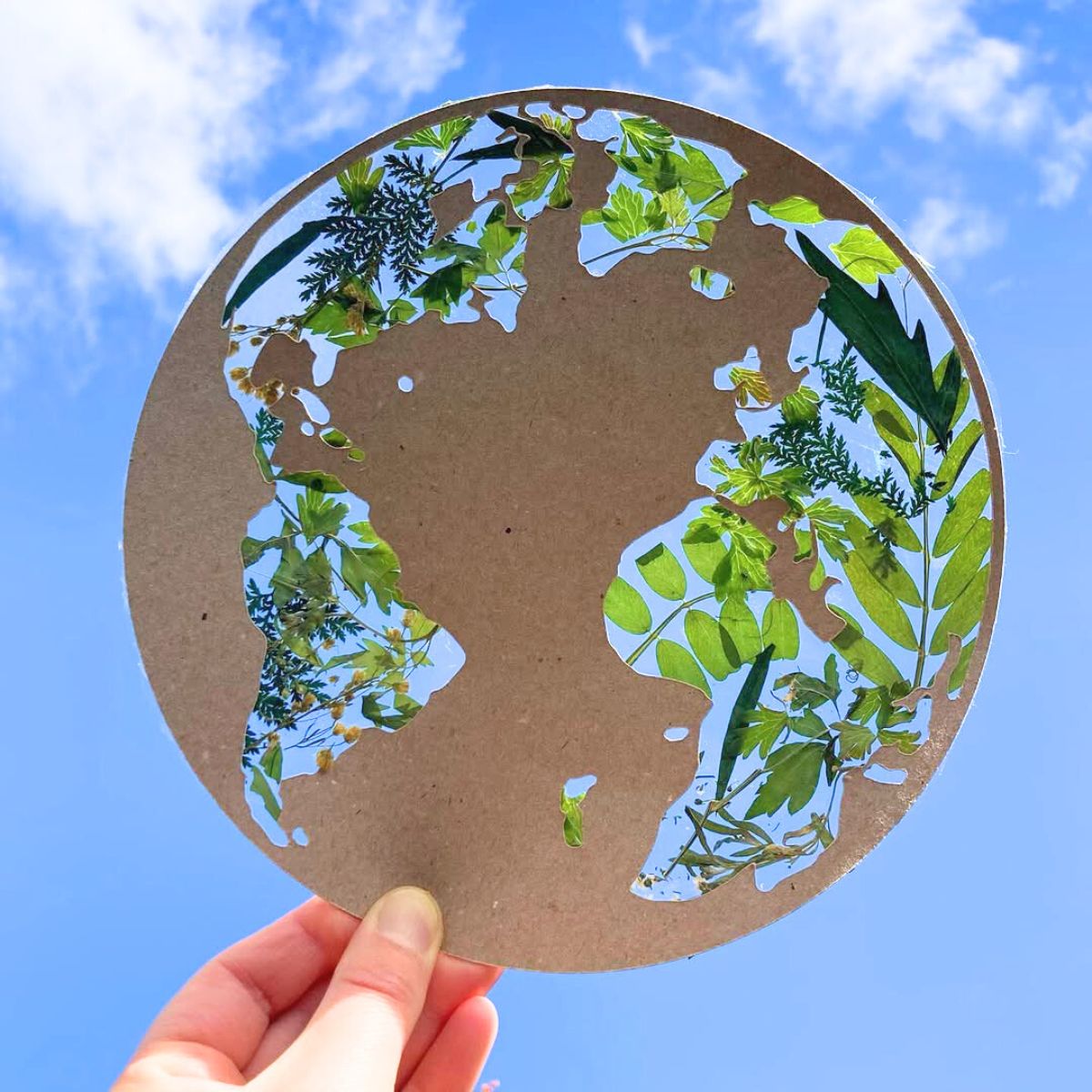
Photo: @makemerryandcreate
This year, the call is clear: now is the time to move from discussion to implementation. A global transition to renewable energy is essential to building a future that is healthier, fairer, and more stable. Earth Day serves as a day-to-day reminder that the tools are already here—and so is the power to use them.
Share your Earth Action on social media by using #ourpowerourplanet and #Earthday2025 to encourage others to get involved on this day. To see ways in which you can support this day, visit Earth Day's website.
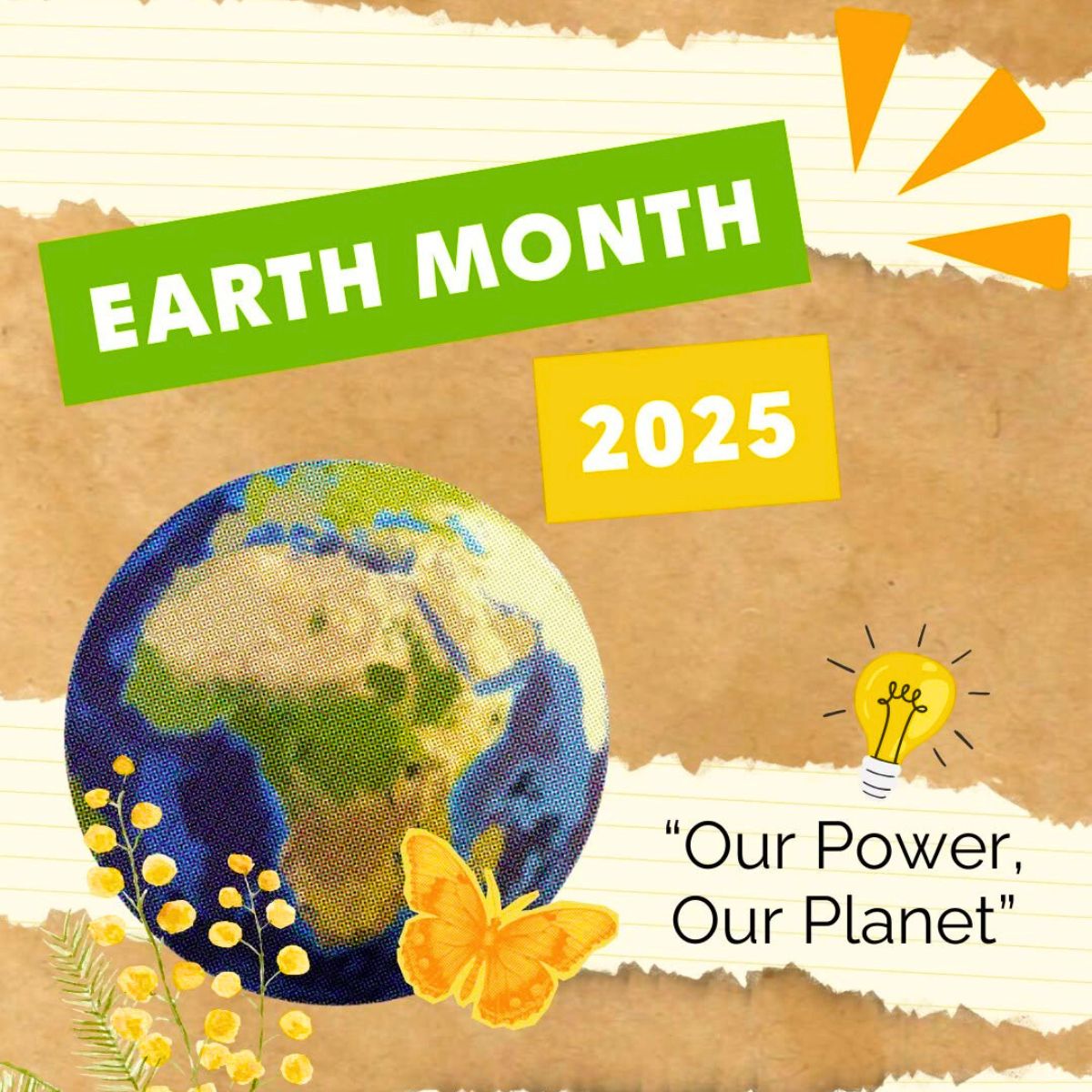
Photo: @lbsustainability
The Power of the Earth Day Movement Is Unstoppable
The strength of this movement lies in its grassroots nature and our power as individuals. It’s the collective voice of concerned citizens that pushes governments and corporations to make bold commitments and take decisive action. By engaging in community initiatives, participating in local and national elections with renewable energy in mind, and making sustainable choices in daily life, individuals are the catalysts for change. This people-powered revolution demonstrates that when we unite our voices and actions, we can overcome even the most recalcitrant systems and create a cleaner, more equitable energy future for all.

From Governments, to global industry and local businesses, from unions, to schools, religious leaders, to civil society, families, and individuals. Whether you are a town mayor, a trade union boss, a CEO, a banker, an artist, a farmer, a fisherman, a teacher, or a firefighter, the true power of this revolution lies in the hands of individuals like you. People's power is the driving force behind this transformation.
The smells, the sights, the sounds of the forest
The Origin of Earth Day and What It Means Today
Earth Day was first celebrated in 1970 in the United States, inspired by the devastating oil spill in Santa Barbara, California, in 1969. That year, at a UNESCO conference in San Francisco, peace activist John McConnell proposed a day to honor the Earth and the concept of peace, to first be observed on March 21, 1970 - the first day of spring in the northern hemisphere. This day of nature's equipoise was later sanctioned in a proclamation written by McConnell and signed by Secretary-General U Thant at the United Nations.

A month later, United States Senator Gaylord Nelson proposed the idea to hold a nationwide environmental teach-in on April 22, 1970. He hired a young activist, Denis Hayes, to be the National Coordinator. Nelson and Hayed renamed the event 'Earth Day'. Denis and his staff grew the event beyond the original idea for a teach-in to include the entire United States.
More than 20 million people poured out on the streets, and the first Earth Day remains the largest single-day protest in human history. It also helped spur the creation of the Environmental Protection Agency and the passage of important environmental legislation.
How Earth Day Became Known Across the World
As 1990 approached, a group of environmental leaders approached Denis Hayes to once again organize another major campaign for the planet. This time, Earth Day went global, mobilizing 200 million people in 141 countries and lifting environmental issues onto the world stage. Earth Day 1990 gave a huge boost to recycling efforts worldwide and helped pave the way for the 1992 United Nations Earth Summit in Rio de Janeiro.
It also prompted President Bill Clinton to award Senator Nelson the Presidential Medal of Freedom — the highest honor given to civilians in the United States — for his role as Earth Day founder.
On Earth Day 2016, the landmark Paris Agreement was signed by the United States, the United Kingdom, China, and 120 other countries. This signing satisfied a key requirement for the entry into force of the historic draft climate protection treaty adopted by the consensus of the 195 nations present at the 2015 United Nations Climate Change Conference in Paris.
Earth Day Nowadays
In the decades since its inception, Earth Day has become a truly global event, celebrated in more than 192 countries around the world. It is a day for people of all backgrounds to come together and take action to protect the planet. Earth Day events take many different forms, from educational programs and community clean-up projects to political activism and public demonstrations.
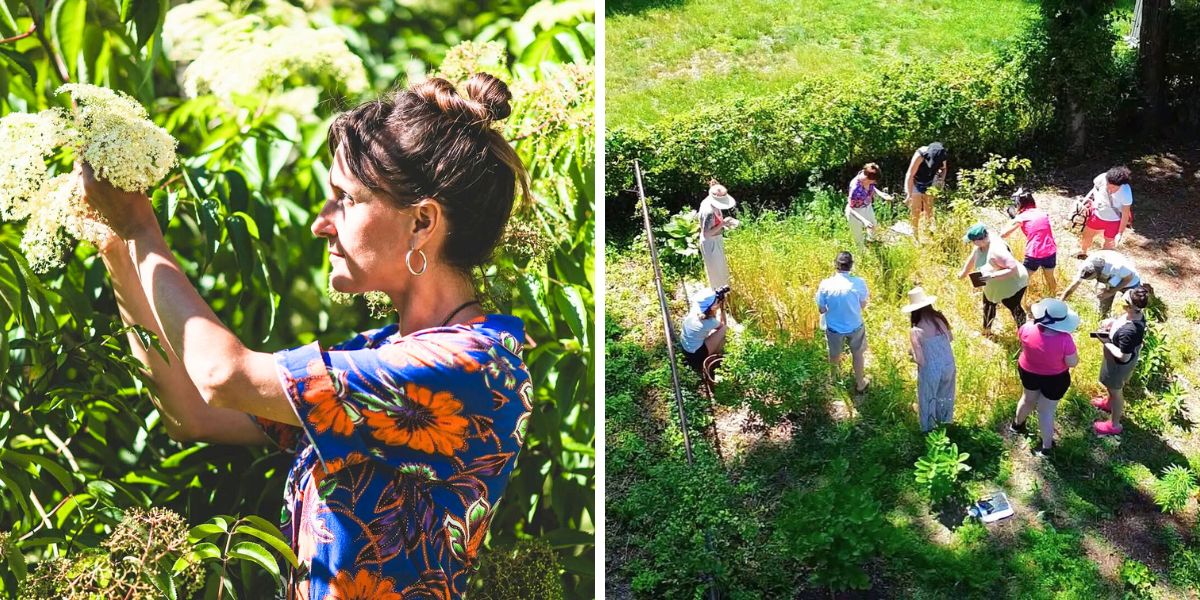
One of the key reasons for Earth Day's global success is its ability to unite people across borders and cultures for a common cause. Environmental issues affect everyone, regardless of where they live or what their background is. By working together on Earth Day and throughout the year, people around the world can help create a sustainable future for our planet and all its inhabitants, including the beautiful plants and flowers that we love.
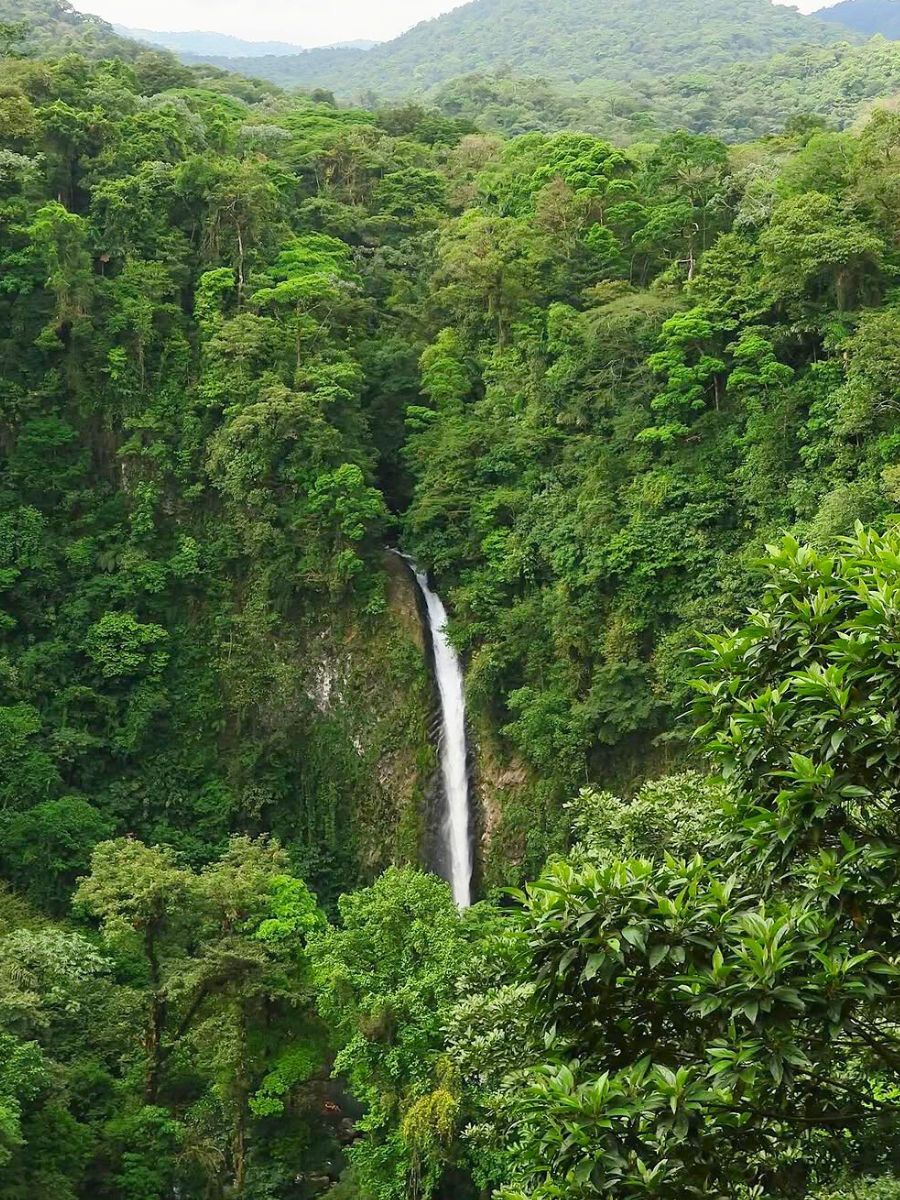
The Importance of Stepping up for Our Planet, Not Only on Earth Day
The impact of human activity on the planet cannot be overstated. Climate change, pollution, deforestation, and habitat destruction are just a few of the ways we are damaging the planet. Earth Day is a reminder of our responsibility to protect the planet for future generations. Earth Day encourages people to take action to protect the planet. It is a day for individuals, communities, and governments to come together to find solutions to environmental challenges. Earth Day is an opportunity to raise awareness about environmental issues and promote conservation efforts. By educating people about the impact of their actions, we can inspire them to take action to protect the planet.

Ways in Which You Can Help Care for the Earth
Planting trees is a popular way to celebrate Earth Day. Trees absorb carbon dioxide, provide habitat for wildlife, and help combat climate change. Planting trees is also a fun way to get outside and connect with nature. Cleaning up litter is another way to celebrate Earth Day. Picking up trash in your community can help prevent it from entering our oceans and waterways, where it can harm wildlife and ecosystems.
Reducing waste is an important way to protect the planet. Earth Day is a good time to start reducing your waste by using reusable bags, water bottles, and containers. You can also start composting to reduce the amount of food waste that goes into landfills.
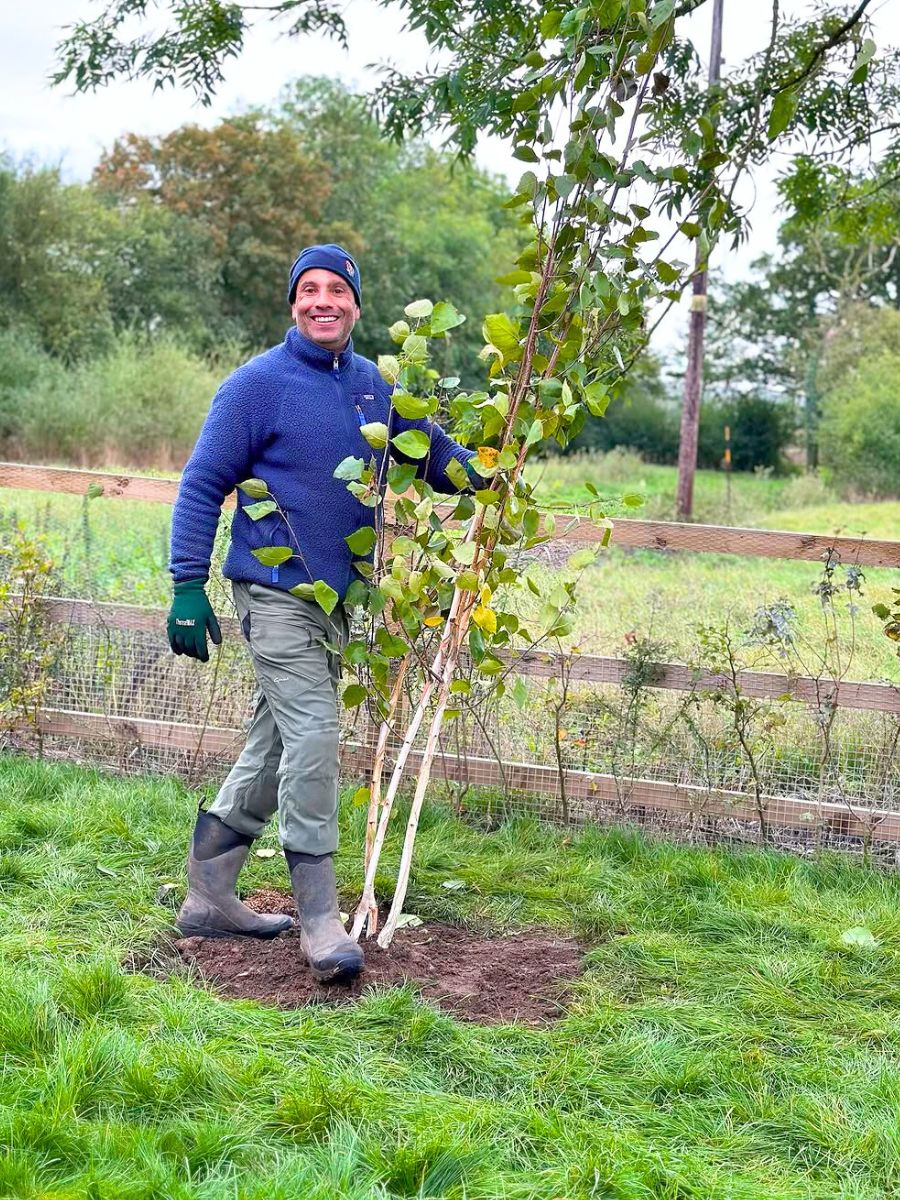
Comparable Environmental Days
There are more events and celebrations that focus on the environment, plants, and nature, such as:
National Arbor Day is celebrated on the last Friday in April in the United States. It is a day to celebrate trees and encourage tree planting. Like Earth Day, it is a reminder of the importance of protecting the planet. World Environment Day is celebrated on June 5th every year. It is a day to raise awareness about environmental issues and promote conservation efforts. Like Earth Day, it is an opportunity to take action to protect the planet.
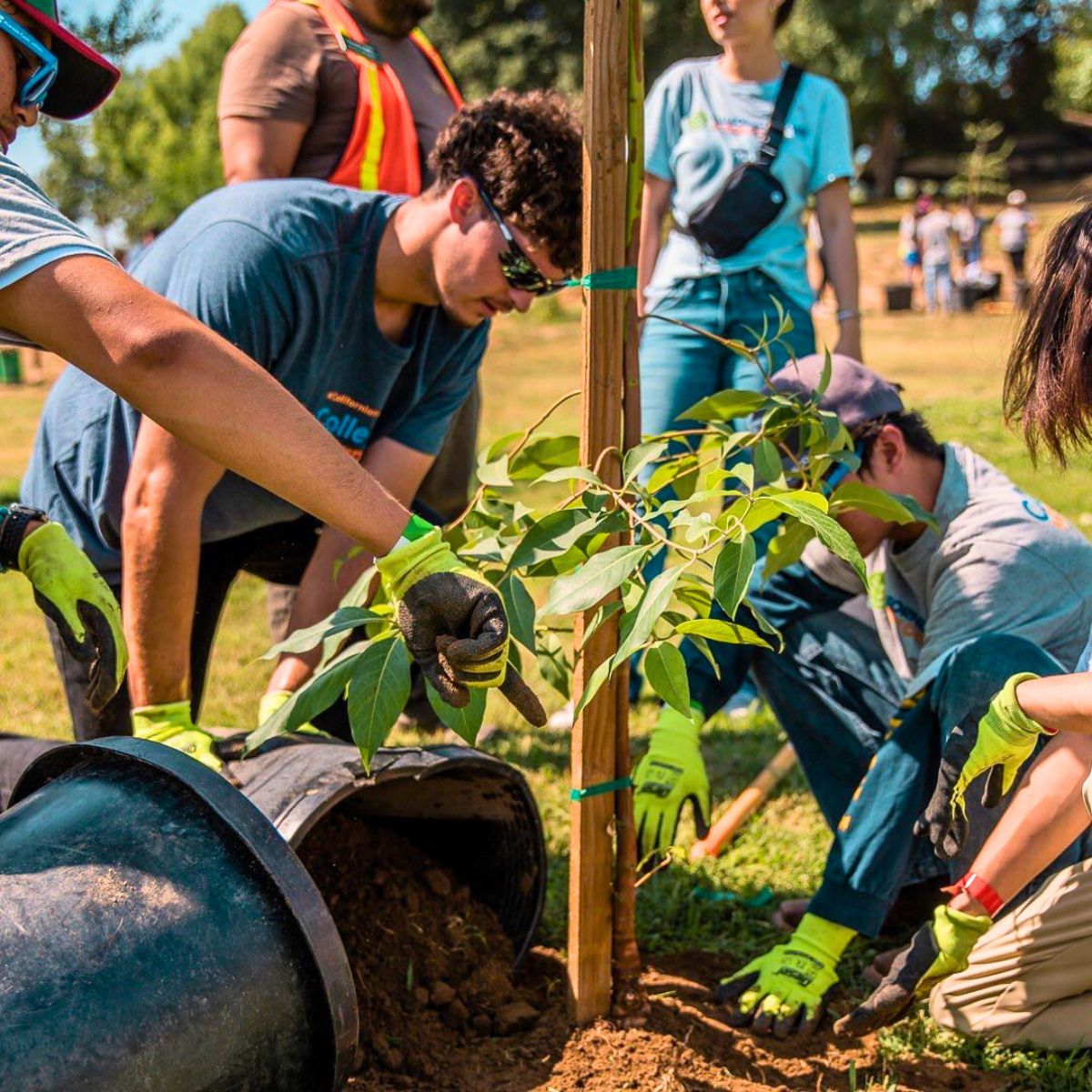
On this day, plant lovers, environmentalists, and garden enthusiasts unite to raise awareness about the crucial role plants play in our lives and the need for their conservation. International Plant Appreciation Day is a day to reflect on our connection with nature, foster a deeper appreciation for the world's flora, and take action to protect our planet's green gems.
The International Day of Biodiversity is celebrated on May 22nd every year. It is a day to promote the importance of biodiversity and raise awareness about the threats facing our planet's ecosystems. Like Earth Day, it is a call to action to protect our planet and its diverse range of species. One way to support the International Day of Biodiversity is by following the Biodiversity Net Gain Guide, which provides guidelines for development projects to achieve a measurable increase in biodiversity.
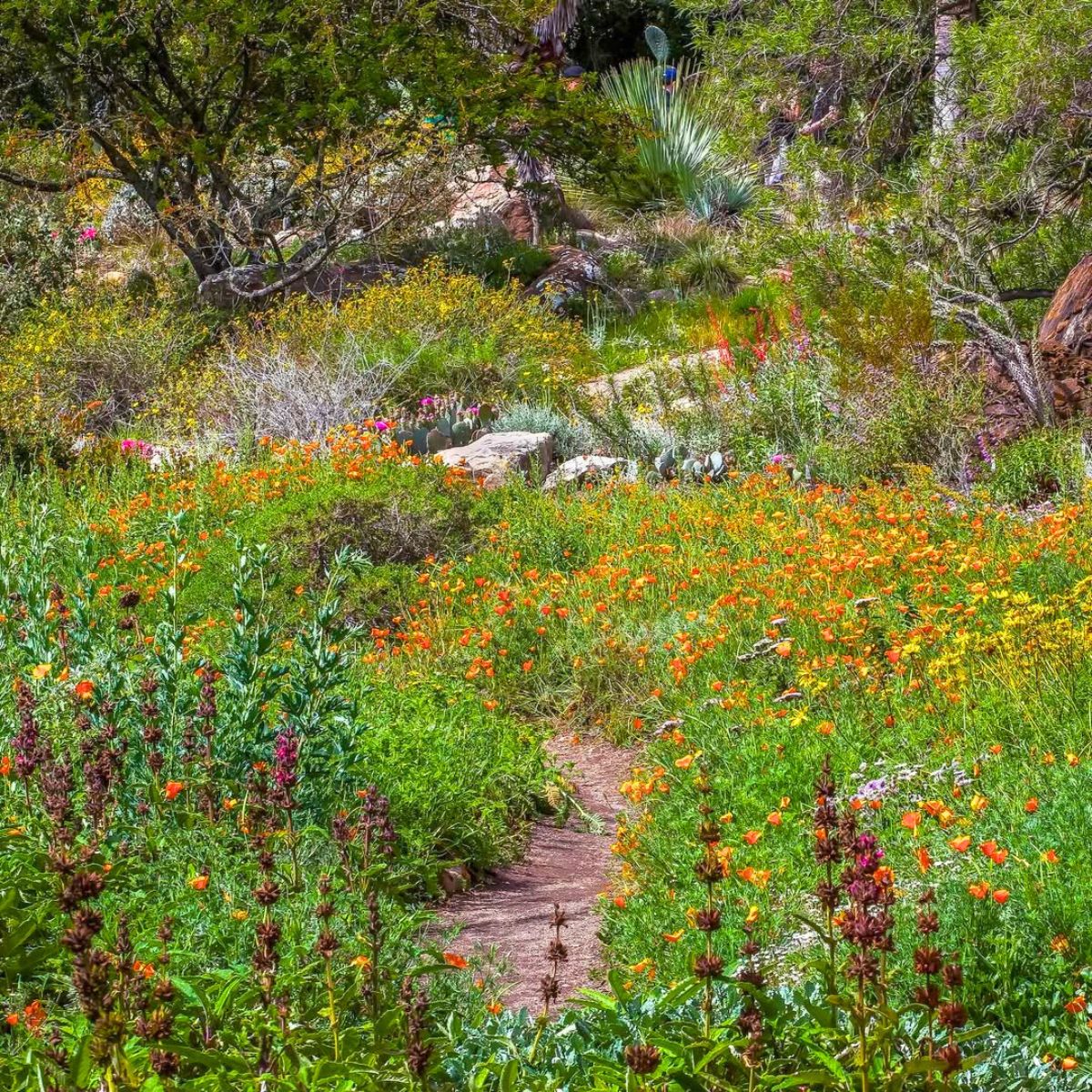
Earth Day - A Check-In With the Planet
Earth Day 2025 is not just a day to spend outdoors—it’s a reminder of the responsibility we share. It’s about recognizing the systems that need to change and understanding the role each of us plays in that process. While local clean-ups and tree plantings matter, the deeper purpose of Earth Day lies in holding governments and industries accountable, demanding renewable energy solutions, and protecting the natural systems we depend on.

Across the globe, communities are organizing not only for one day but for an entire week of action, discussions, and pressure. These efforts are not symbolic—they are direct calls to shift how we live and consume. The goal is long-term: clean air, water, and energy that are not controlled by a few but accessible to all.
As the climate crisis accelerates, Earth Day reminds us that collective action is not optional—it’s urgent. And in 2025, it’s clearer than ever: the tools exist, the science is proven, and the solutions are already in motion. What’s needed now is scale, commitment, and political will.
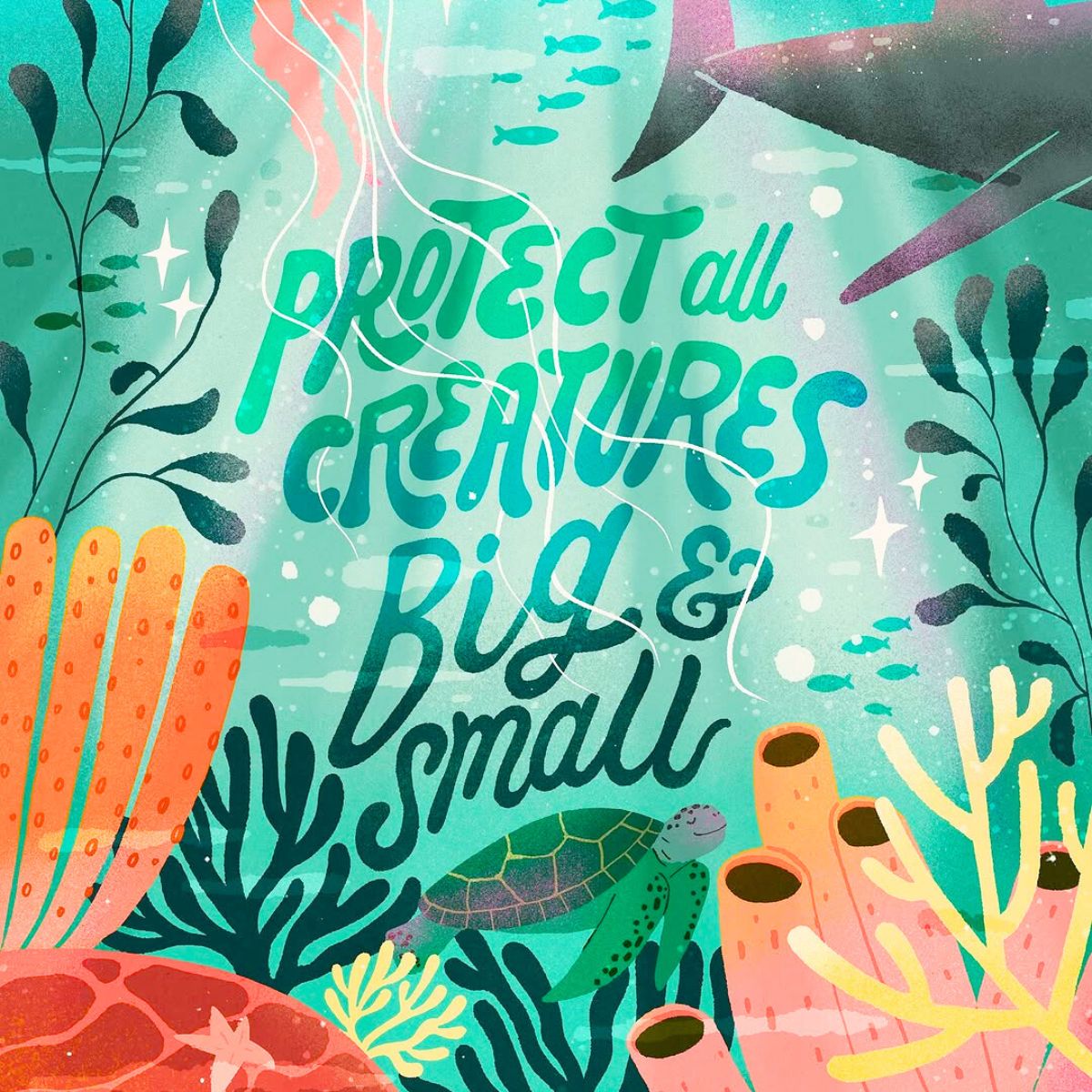
The theme Our Power, Our Planet is a statement of reality. People everywhere are mobilizing—not out of idealism, but because there is no other choice. The future will be shaped by what we do now. Not later.
Let us celebrate Earth Day by committing to protect the planet and all the beautiful flowers and plants that call it home.

